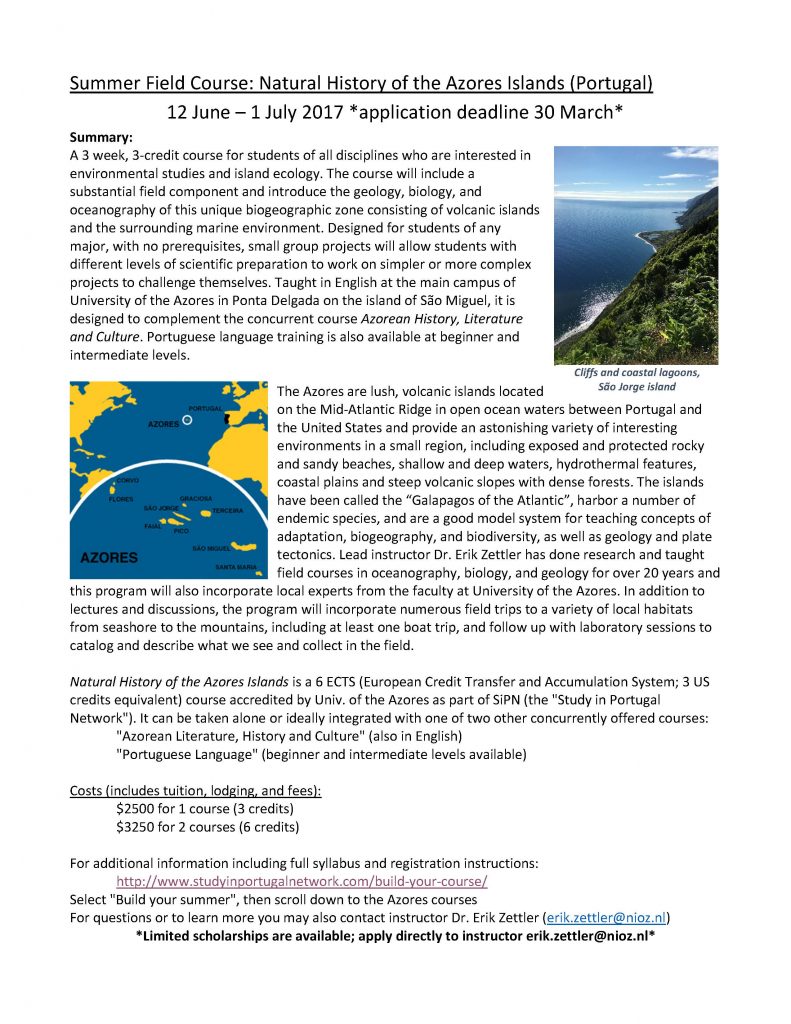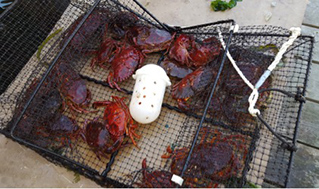
I am pleased announce that I will be offering the following three classes this summer at the University of Hawaii at Hilo. The labs for each class involve research-based, hands-on techniques as the students participate in research studies focused upon each group of marine animals.
MARE 250 – Statistical Applications in Marine Science
MARE 380 – Natural History of Sharks and Rays/Lab
MARE 490 – Sea Turtle Conservation & Ecology/Lab
Dates: June 19 – July 28, 2017
MARE 250 Statistical Apps in Marine Science, 3 credits – Dr. Jason Turner
Hands-on approach to designing field experiments, collection of ecological data, analysis of data on computers using statistical methods, and presentation of results. Requires completion of a project using data collected in the field followed by the preparation of both written and oral reports. Pre: MARE/BIOL 171 or MARE 201, or instructor’s consent.
MARE 380, Natural History of Sharks and Rays, 3 credits – Dr. Jason Turner
This course will examine the natural history of the Elasmobranchs, an ancient group of fishes that have existed for almost 450 million years. Comprehensive investigations of sharks, rays, skates, sawfishes, and chimera along with representative species from Hawai`i will be conducted. Subjects will include evolution, taxonomy, anatomy, physiology, ecology, conservation and management of these unique animals. Discussions of current research papers along with group research projects will be covered during lectures. Pre: Concurrent enrollment in MARE 380L required.
MARE 380L, Natural History of Sharks, Rays, and Skates Lab, 1 credit – Dr. Jason Turner
This course will further examine Elasmobranchs using a hands-on approach to compliment the work done in lecture using both laboratory and field-based activities. Laboratory sessions will involve detailed dissections of shark, ray, skate, and chimera functional anatomy. Students will also participate in a tagging study of coastal shark species throughout the Big Island of Hawai‘i. Pre: Concurrent enrollment in MARE 380 required. $250 lab fee payable upon registration.
MARE 490, Sea Turtle Conservation & Ecology, 3 credits – Dr. Jason Turner
All-encompassing look at the natural history of these ancient marine vertebrates with special focus on sea turtle of Hawaii. Topics include investigations of sea turtles, sea snakes, saltwater crocodiles and marine iguanas throughout the world. Subjects will consist of conservation and management, human impacts, reproductive and feeding ecology, evolution, taxonomy, and anatomy and physiology of these unique marine animals. Pre: prior college-level marine biology course recommended, or equivalent or instructor’s consent. Pre: Concurrent enrollment in MARE 490L.
MARE 490L, Sea Turtle Conservation & Ecology Laboratory, 1 credit – Dr. Jason Turner
Field and lab techniques employed by sea turtle biologists including shore and underwater photo-surveys, forage surveys, and evaluation of nests and hatchlings. Investigations will focus on local species of sea turtles of Hawaii including green (Chelonia mydas) and hawksbill (Eretmochelys imbricata). Pre: Concurrent enrollment in MARE 490. $250 lab fee payable upon registration.
Tuition and Fees
Tuition and fees for the 2017 Summer Session are:
Undergraduate Resident $300 per credit
Undergraduate Non-resident $435 per credit
Undergraduate WUE* $367.50 per credit
Graduate Resident $479 per credit
Graduate Non-resident $631 per credit
Student Life Center fee: $ 35
Lab and Other Fees Varies
*Western Undergraduate Exchange (WUE) and for Pacific Island students
Registration is now Open! Visit the link below for more information and to register
http://hilo.hawaii.edu/depts/summer/
Please email me directly if you have any questions at:
jpturner@hawaii.edu
For additional information about the University of Hawaii at Hilo Summer Program:
http://hilo.hawaii.edu/depts/summer/UHHilosMarineScienceSummerProgram.php

 Summer Field Course: Natural History of the Azores Islands (Portugal)
Summer Field Course: Natural History of the Azores Islands (Portugal)
